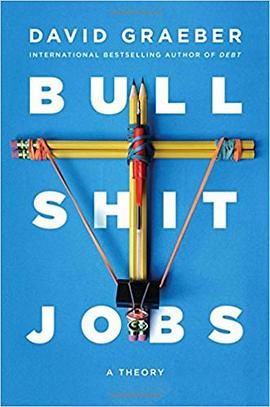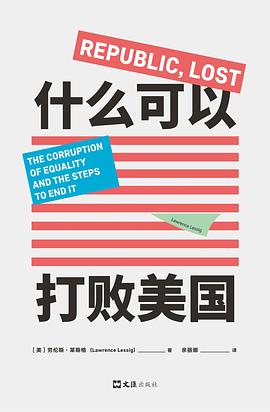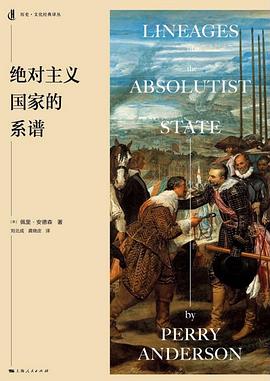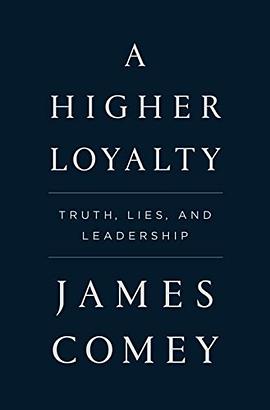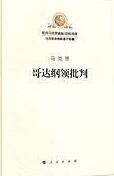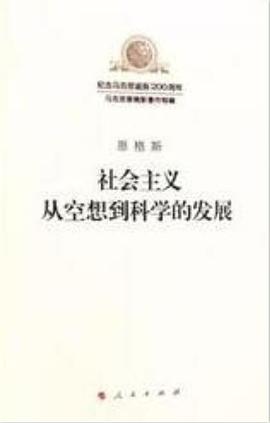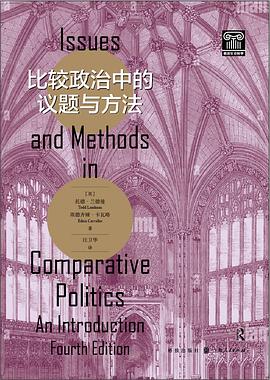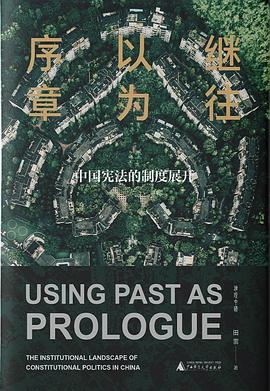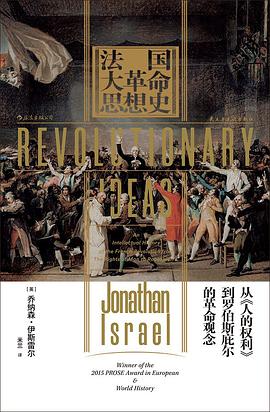
具體描述
David Rolfe Graeber (/ˈɡreɪbər/; born 12 February 1961) is a London-based anthropologist and anarchist activist, perhaps best known for his 2011 volume Debt: The First 5000 Years. He is Professor of Anthropology at the London School of Economics.
As an assistant professor and associate professor of anthropology at Yale from 1998–2007 he specialised in theories of value and social theory. The university's decision not to rehire him when he would otherwise have become eligible for tenure sparked an academic controversy, and a petition with more than 4,500 signatures. He went on to become, from 2007–13, Reader in Social Anthropology at Goldsmiths, University of London.
His activism includes protests against the 3rd Summit of the Americas in Quebec City in 2001, and the 2002 World Economic Forum in New York City. Graeber was a leading figure in the Occupy Wall Street movement, and is sometimes credited with having coined the slogan, "We are the 99 percent".
From bestselling writer David Graeber, a powerful argument against the rise of meaningless, unfulfilling jobs, and their consequences.
Does your job make a meaningful contribution to the world? In the spring of 2013, David Graeber asked this question in a playful, provocative essay titled “On the Phenomenon of Bullshit Jobs.” It went viral. After a million online views in seventeen different languages, people all over the world are still debating the answer.
There are millions of people—HR consultants, communication coordinators, telemarketing researchers, corporate lawyers—whose jobs are useless, and, tragically, they know it. These people are caught in bullshit jobs.
Graeber explores one of society’s most vexing and deeply felt concerns, indicting among other villains a particular strain of finance capitalism that betrays ideals shared by thinkers ranging from Keynes to Lincoln. Bullshit Jobs gives individuals, corporations, and societies permission to undergo a shift in values, placing creative and caring work at the center of our culture. This book is for everyone who wants to turn their vocation back into an avocation.
用戶評價
##“做不下去瞭!” 這是我經常乾到半夜以後,或者收到客戶或者閤夥人一遍又一遍修改要求時內心的咆哮。 “到底有什麼意義?!” 憤怒之後是質疑,質疑自己工作的意義。 “根本就沒有任何意義,對社會沒有任何貢獻,與我的價值觀嚴重相悖!” 質疑之後是否定,我在做一份沒有意義...
評分 評分 評分##對馬剋思的傳統勞動理論提齣瞭精彩而頗有見地的質疑。雖然在最後提齣的普遍工資明顯不能解決有關社會意義的創造問題(相反,此解決方案將創造社會意義的責任歸還給瞭個人),但對於作為人類學傢的格雷伯來說,將社會現象問題化遠比提齣某種一勞永逸的解決方案重要得多——任何方案或政策,也許就像他承認的,都會將注意力轉移至無意義的立場爭辯中。 書中雖然有大量采訪實錄,卻雋語層齣不窮。但永遠值得思考的一點是——當馬剋思提齣勞動價值理論時,價值的定義與實質是單一的,而格雷伯提醒我們:在現代社會,資本價值、社會價值、個人價值則必須互相分離,成立各自的問題域,而非被單一的、馬剋思上的價值所統攝。關鍵在於,當代社會是人性與資本的鬥爭史——我們總是要在兩者之間求個輸贏,但其實,這兩者間的永恒張力纔是我們的生存之本。
評分 評分##不好讀,啃瞭好久。誒我懂作者你是個無政府主義者,但是批判這批判那之後最後來個universal basic income 還真是毫無新意……如果全民溫飽就能讓大傢活得更有意義更快樂,那為什麼還有那麼多不愁溫飽卻苦大仇深的人?#欲海無邊迴頭是岸不如還是過佛係生活吧
評分##噱頭大於內容,完全不用寫一本書。
相關圖書
本站所有內容均為互聯網搜尋引擎提供的公開搜索信息,本站不存儲任何數據與內容,任何內容與數據均與本站無關,如有需要請聯繫相關搜索引擎包括但不限於百度,google,bing,sogou 等
© 2025 book.qciss.net All Rights Reserved. 圖書大百科 版權所有

